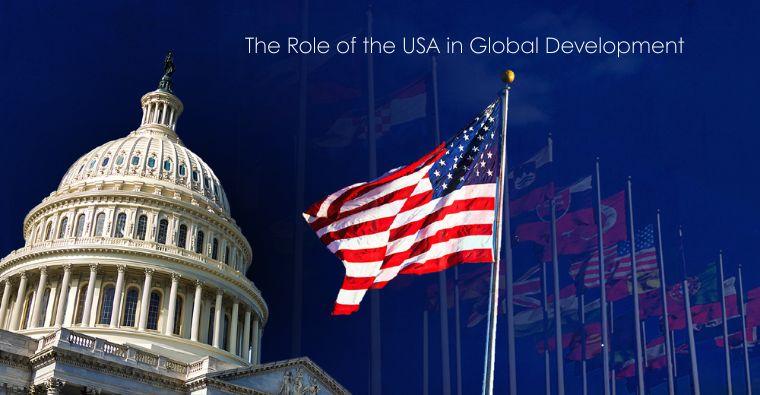As geopolitical tensions escalate, particularly in areas such as trade, technology, and military presence, calls for a more assertive U.S. approach have emerged from various political and academic circles.
The Context of U.S.-China Relations
The relationship between the United States and China has evolved significantly over the past few decades. Initially characterized by a sense of engagement and cooperation, particularly in the economic realm, recent years have witnessed a shift towards rivalry. The COVID-19 pandemic further strained these relations, leading to heightened scrutiny of China's handling of the virus and its implications for global health.
As China continues to assert its dominance in international affairs, especially in the Indo-Pacific region, the U.S. finds itself at a crossroads. The Belt and Road Initiative (BRI), China's ambitious infrastructure and investment project, has expanded its influence across Asia, Africa, and Europe, raising concerns about the potential for debt diplomacy and geopolitical dependency among participating nations.
Calls for a More Aggressive Stance
Amid these developments, there has been a growing consensus among policymakers and experts that a more aggressive U.S. strategy is necessary. Proponents argue that a robust response is essential to counteract China's assertiveness and safeguard American interests. This includes enhancing military capabilities in the Indo-Pacific, strengthening alliances with regional partners such as Japan, Australia, and India, and advocating for a rules-based international order that promotes democratic values.
In addition to military measures, economic strategies are also being considered. This includes reducing reliance on Chinese manufacturing and technology through supply chain diversification and promoting domestic production. Efforts to support American industries and enhance technological innovation are seen as crucial steps to maintain a competitive edge.
The Role of Diplomacy and Collaboration
While a more aggressive stance is being advocated, many experts caution against a purely confrontational approach. Diplomacy remains a vital component in managing U.S.-China relations. Engaging in dialogue and establishing communication channels can help prevent misunderstandings and de-escalate potential conflicts. Areas of mutual interest, such as climate change and global health, provide opportunities for collaboration that can foster a more constructive relationship.
Moreover, it is crucial for the U.S. to consider the perspectives of its allies and partners. A cohesive and united front among like-minded nations will be essential in addressing the challenges posed by China's rise. By promoting a collective response, the U.S. can enhance its leverage in negotiations and foster a more stable international environment.
As discussions about the U.S. strategy towards China continue, it is clear that a multifaceted approach is required. Balancing assertiveness with diplomacy will be key to navigating this complex relationship. By adopting a comprehensive strategy that combines military readiness, economic resilience, and collaborative diplomacy, the United States can better position itself to counter China's growing influence while fostering a stable and prosperous global order.




